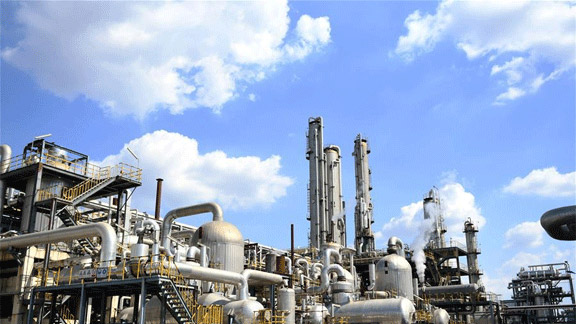Industrial valves are crucial components in a wide range of systems, including water treatment, chemical processing, oil and gas, and power generation. Their primary function is to control the flow of fluids within these systems, ensuring operational efficiency. As such, the reliability and safety of these systems largely depend on the quality and performance of the valves used. Industrial valve manufacturers play a pivotal role in enhancing system reliability and safety through various strategies and innovations.
High-Quality Materials and Engineering
One of the primary ways Dombor industrial valve manufacturers enhance system reliability is through the use of high-quality materials. Valves are subjected to extreme conditions, such as high pressures, temperatures, and corrosive environments. To withstand these conditions, manufacturers use advanced materials like stainless steel, titanium, and special alloys. These materials offer superior resistance to corrosion, erosion, and thermal stresses, ensuring that valves perform reliably over extended periods. In addition to material quality, precise engineering is crucial. Manufacturers invest in sophisticated design and manufacturing technologies to ensure that valves meet exacting standards.

Rigorous Testing and Quality Assurance
To ensure reliability and safety, industrial valve manufacturers conduct rigorous testing and quality assurance procedures. Valves undergo a series of tests, including pressure tests, leak tests, and functional tests, to verify their performance and durability. Testing is often conducted under conditions that exceed normal operational parameters to ensure that the valves can handle unexpected situations. Quality assurance processes are integral to the manufacturing cycle. Manufacturers adhere to strict quality control standards and certifications, such as ISO 9001, which guarantee that valves are produced consistently and meet industry standards. This emphasis on quality helps prevent defects and failures, reducing the risk of system malfunctions and enhancing overall safety.
Advanced Control and Automation Features
Modern industrial valves often incorporate advanced control and automation features that enhance system reliability and safety. Manufacturers are increasingly integrating smart technologies into valve designs, such as sensors, actuators, and control systems. These technologies allow for real-time monitoring and adjustment of valve operations, improving precision and responsiveness. Automated valves can adjust their positions based on changing system conditions, reducing the likelihood of human error and ensuring that the system remains within safe operating parameters. Additionally, data collected from these smart valves can be used for predictive maintenance, identifying potential issues before they lead to failures.
Innovations in Valve Design
Innovation is a key driver in enhancing valve reliability and safety. Manufacturers continually explore new valve designs and technologies to address evolving industry challenges. For example, advanced valve designs such as double block and bleed valves, which provide an additional layer of safety by isolating sections of the system, are becoming more common in critical applications. Furthermore, manufacturers are developing valves with improved sealing technologies and self-cleaning features to minimize maintenance requirements and extend service intervals. These innovations contribute to a more reliable and safe operation by reducing the risk of leaks and blockages.
The industrial valve manufacturers enhance system reliability and safety through the use of high-quality materials, rigorous testing, advanced control features, innovative designs, and adherence to safety standards. These efforts collectively ensure that valves perform reliably in demanding environments, contributing to the overall efficiency and safety of industrial systems.